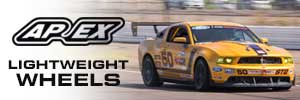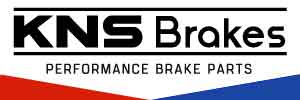- Thread starter
- #21
Thanks for the input Bill. This car will likely never see the track. However, I’m just not a fan of NOT changing fluids on a regular basis. When I see verbiage such as lifetime fluid or lifetime filter, that raises red flags for me. Hence my line of questioning.













